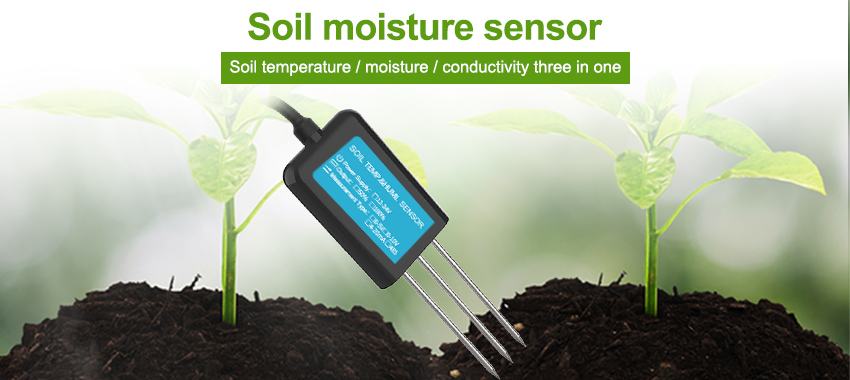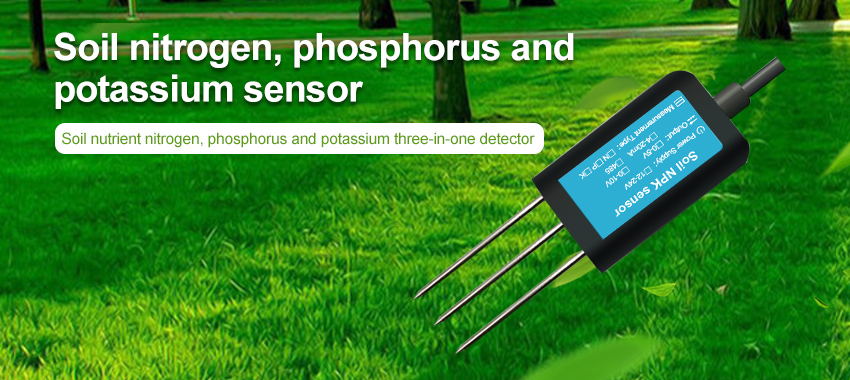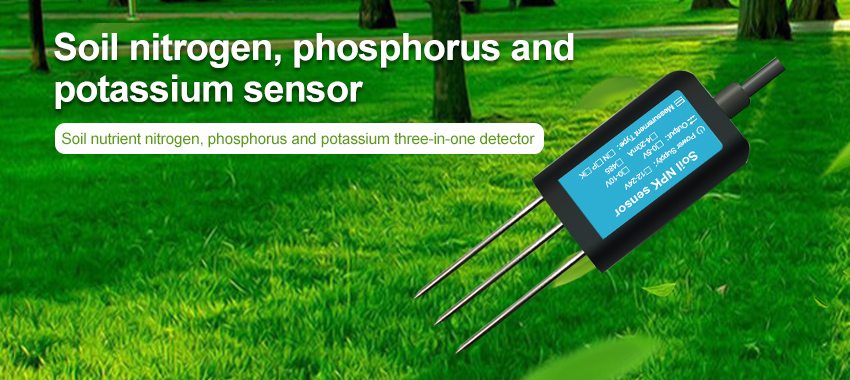The global agricultural landscape is undergoing a profound transformation driven by technological advancements and the imperative of sustainability. Soil sensors, equipped with cutting-edge sensing technologies, are playing a pivotal role in revolutionizing crop management practices. By providing real-time data on soil conditions, moisture levels, nutrient content, and environmental parameters, soil sensors empower farmers to make informed decisions, optimize resource utilization, and enhance crop productivity while minimizing environmental impact. In this article, we will delve into the diverse applications and benefits of soil sensors in sustainable crop management, exploring their potential to drive a new era of precision agriculture and contribute to global food security.

Advancing Precision Agriculture
Precision agriculture represents a paradigm shift in farming practices, leveraging data-driven insights to tailor agronomic practices to the specific needs of individual fields and crops. Soil sensors are instrumental in this approach, enabling precise monitoring and management of soil properties at a granular level. Through the deployment of sensor networks across agricultural landscapes, farmers can capture real-time information on soil moisture, temperature, pH levels, and nutrient concentrations, allowing for targeted and timely interventions. This fine-grained understanding of soil conditions facilitates the optimization of irrigation, fertilization, and cultivation practices, leading to improved resource efficiency and crop performance.
Enhancing Water Management
Water scarcity and the sustainable use of water resources are critical challenges facing modern agriculture. Soil sensors offer valuable capabilities for monitoring soil moisture dynamics and optimizing irrigation strategies. By continuously measuring soil moisture content at different depths, sensors provide insights into water availability and uptake by crops, enabling farmers to implement precision irrigation techniques that match the specific water requirements of plants. This not only conserves water but also prevents over-irrigation, which can lead to waterlogging, nutrient leaching, and wasteful resource utilization. As a result, soil sensors support water-efficient agricultural practices, contributing to water conservation efforts and climate resilience in agriculture.
Optimizing Nutrient Management
The judicious application of fertilizers is essential for maintaining soil fertility and ensuring healthy crop growth. Soil sensors play a pivotal role in guiding nutrient management decisions by monitoring soil nutrient levels and facilitating precise fertilization strategies. By assessing the availability of essential nutrients such as nitrogen, phosphorus, and potassium, sensors enable farmers to apply fertilizers in accordance with the specific needs of crops, thereby reducing the risk of nutrient imbalances, leaching, and environmental pollution. Additionally, soil sensors support the implementation of variable rate application techniques, where fertilizers are distributed based on spatial variations in soil fertility, leading to optimized nutrient utilization and minimized ecological footprint.
Mitigating Environmental Impacts
Sustainable crop management necessitates minimizing the environmental footprint of agricultural activities. Soil sensors contribute to this objective by enabling proactive environmental stewardship through the monitoring of soil health indicators and the detection of potential risks. For example, sensors can detect changes in soil pH, salinity levels, and organic matter content, alerting farmers to soil degradation processes and facilitating corrective measures to preserve soil quality. Furthermore, by providing insights into nutrient runoff and leaching potential, soil sensors support the mitigation of water pollution and contribute to the protection of aquatic ecosystems, thus aligning agricultural production with environmental sustainability goals.

Empowering Data-Driven Decision Making
The proliferation of soil sensor data generates vast amounts of information that can be harnessed to inform decision-making processes in agriculture. Advanced analytics and data visualization tools allow farmers to derive actionable insights from sensor data, facilitating evidence-based decision making and predictive modeling. By integrating soil sensor data with weather forecasts, crop growth models, and historical records, farmers can anticipate crop performance, optimize planting schedules, and mitigate the impact of environmental stressors. Moreover, the development of decision support systems powered by soil sensor data enables the automation of agronomic recommendations, empowering farmers to adopt proactive and adaptive management strategies.
